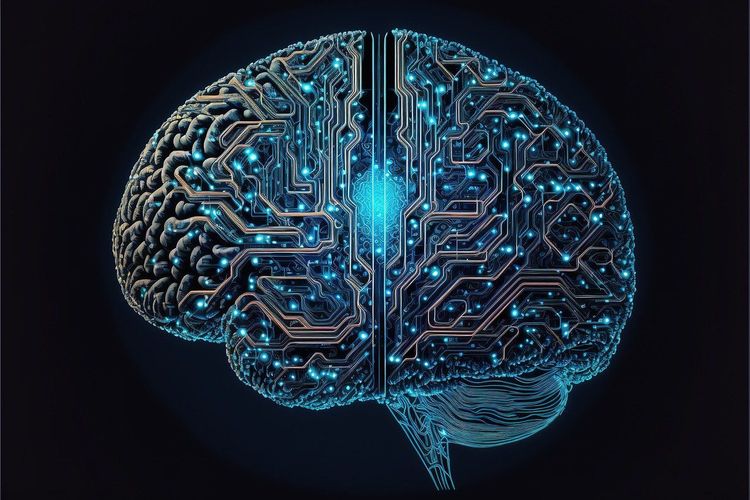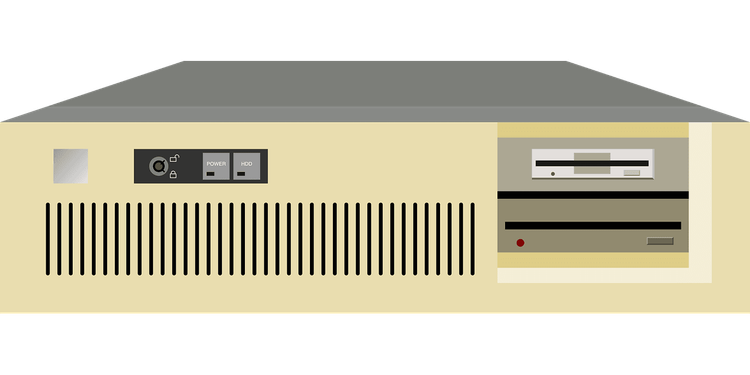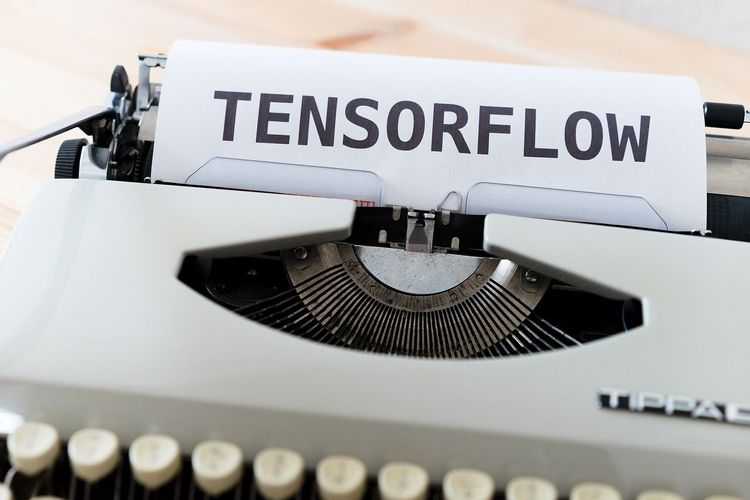Elon Musk has filed a lawsuit against OpenAI and its co-founders Sam Altman and Greg Brockman, claiming they have violated their original contractual agreements by prioritizing profit over the nonprofit’s mission of developing AI that benefits humanity. Musk, who was a co-founder and early supporter of OpenAI, asserts that he was persuaded to help establish and financially support the organization in 2015 with the understanding that it would operate as a nonprofit aimed at countering Google’s competitive threats. The lawsuit contends that OpenAI was obligated by its founding agreement to make its technology "freely available" to the public.
The lawsuit, submitted to a San Francisco court late Thursday, argues that OpenAI, now considered the world's most valuable AI startup, has shifted to a for-profit model focused on commercializing its AGI (artificial general intelligence) research after its partnership with Microsoft, the world’s leading technology company that has invested about $13 billion into the startup.
“In essence, OpenAI, Inc. has evolved into a closed-source subsidiary of Microsoft,” states the lawsuit. “Under its new board, the focus is now on developing AGI primarily to maximize profits for Microsoft, rather than advancing the welfare of humanity. This constitutes a clear breach of the Founding Agreement.”
The lawsuit follows Musk's public concerns about OpenAI's changing priorities over the past year. According to the legal complaint, Musk contributed over $44 million to the nonprofit between 2016 and September 2020, making him its largest donor during those early years. Although he resigned from OpenAI’s board in 2018, he turned down an offer for a stake in the for-profit division, citing his principles. Additionally, Musk's social network, X, launched Grok last year, positioning it as a competitor to ChatGPT.
Altman has previously addressed Musk's criticisms regarding their ties with Microsoft. “I respect him, but I believe he is mistaken on these issues,” Altman remarked during a conference last year. “I am proud of what we are doing and believe we will make a positive impact on the world, regardless of differing opinions.”
OpenAI’s release of ChatGPT in late 2022 ignited a fierce AI competition, with other companies striving to replicate its remarkably human-like responses. Microsoft CEO Satya Nadella recently asserted their leadership in the sector, saying, “We have the best model today ... GPT-4 continues to outperform expectations,” and expressed confidence that competition would eventually emerge.
The lawsuit points to a close alignment between Microsoft and OpenAI, referencing Nadella's statement in a recent interview. During significant leadership changes at OpenAI last year, he indicated that Microsoft possesses the full capacity to operate independently of OpenAI. “If OpenAI disappeared tomorrow … we have all the intellectual property rights, the talent, and the infrastructure,” he claimed, which Musk’s lawsuit interprets as evidence of OpenAI prioritizing Microsoft's interests over its original mission.
Additionally, the lawsuit challenges OpenAI’s GPT-4, which Musk believes qualifies as AGI—an intelligence equal to or surpassing human capabilities. He alleges that OpenAI and Microsoft have improperly licensed GPT-4, despite prior commitments to keep AGI technologies dedicated to societal benefit.
Through his lawsuit, Musk aims to compel OpenAI to realign with its foundational mission and prohibit monetization of technologies developed under its nonprofit framework for personal gain by OpenAI executives or partners like Microsoft. The suit requests a ruling to classify AI systems like GPT-4 and other advanced projects in development as artificial general intelligence beyond mere licensing terms. In addition to seeking injunctions, Musk is also calling for an accounting of and potential restitution for donations that were supposed to support OpenAI’s public interest endeavors, should the court find that it now operates for private profit.
The lawsuit critiques the restructuring of OpenAI’s board, asserting that it lacks the necessary technical expertise and background in AI governance that the previous board possessed. “Mr. Altman selected a new board that is better suited for profit-driven ventures rather than AI ethics and governance,” the lawsuit states.







